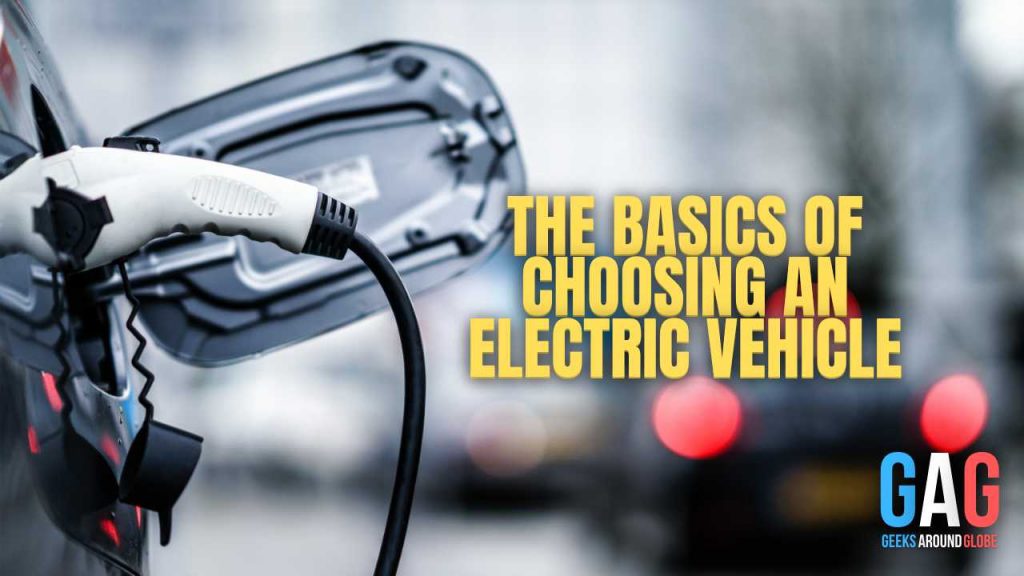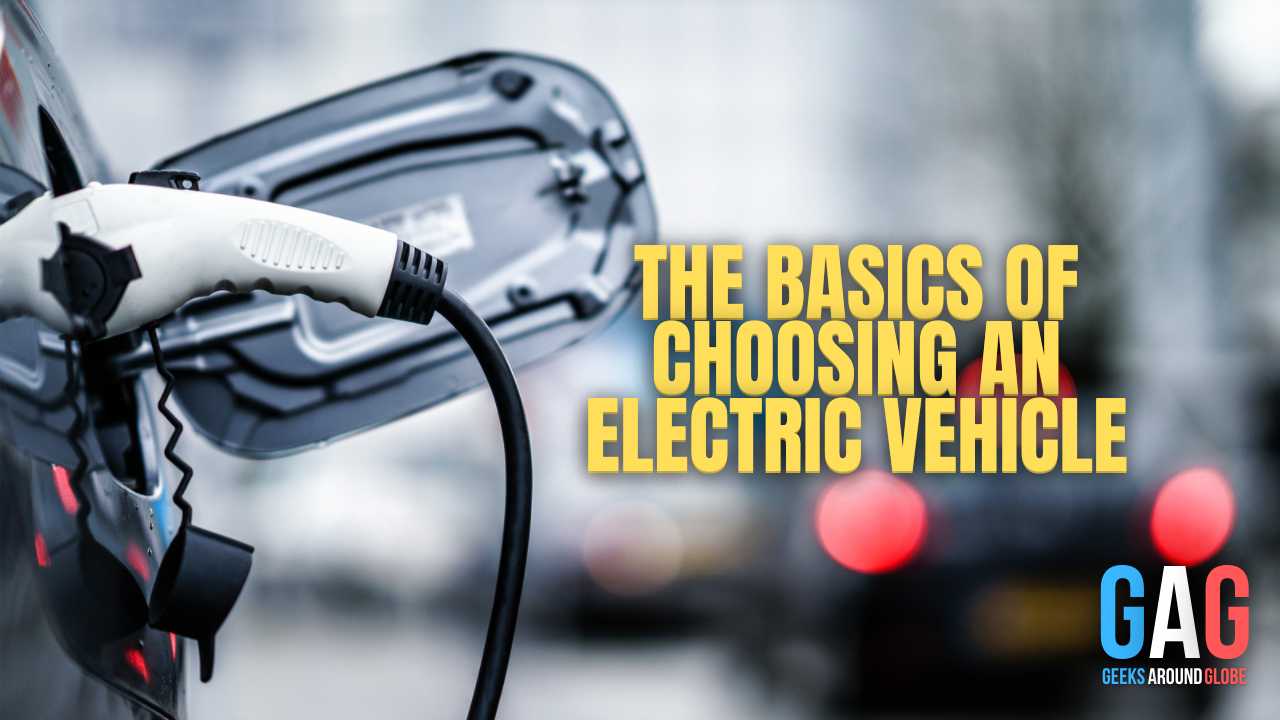
Electric vehicle (EV) technology has taken over highways across the United States in recent years. Companies like Tesla have created innovative electric vehicles that incorporate exciting features, including self-driving navigation and improved power management for longer use between charges.
If you’re interested in jumping on the electric vehicle bandwagon in 2021, many options are available; however, if you’re new to EV technology, you may find the choices overwhelming. Should you go with a fully electric vehicle or a hybrid? Would you get more out of induction motors made to special requirements or can you rely on factory specs?
Additionally, what are the battery and charging requirements to look for? Are charging options even available in the areas where you’ll be driving? Although all of these questions and more can seem daunting at first, finding the right electric vehicle doesn’t have to be a headache.
Below are some tips to help you find the right EV technology for your needs:
Consider The Engine
Before you even get into choosing a brand or special features, you first want to think about the engine since this is what will tie everything together. Three phase induction motors are often the right choice for electric vehicles, but you may also want to look for custom induction motors if you have specific commercial requirements. An induction motor manufacturer may be able to design an electric engine to match your needs, but please note that this option is not usually available from a traditional dealership.
Think About The Battery
After deciding on the engine, you’re going to want to consider the battery and its capacity. Today’s EV batteries offer varying degrees of storage capacity, but what’s right for your driving needs may differ from someone else’s needs. If you’re going to be driving around town, you likely won’t need a lot of capacity, but if you frequently take long trips, capacity becomes a larger concern.
Beyond that, you’ll need to think about how the battery is charged and whether or not you will be able to charge the battery using a standard outlet or if you’ll need a designated charging station. Many modern electric vehicles provide at-home charging that allows you to hook a battery up directly to an outlet at home or at a place of business.
Others favor charging at designated stations designed specifically to work with a particular type of battery. Once again, the distance you drive on a regular basis will be one of the biggest deciding factors in choosing a battery and charging type.
What About Replacement Costs?
Although replacement part costs and repairs aren’t the most fun thing to think about when you’re planning to purchase a new vehicle, they are a fact of life. Because EV technology is relatively new, replacement parts may be more expensive compared to replacement parts for traditional gas-powered vehicles. Many times, purchasing replacement EV engine parts will require you to order them from specific manufacturers of AC induction motors as opposed to purchasing them from your local auto parts store.
Also, you’re encouraged to factor in the labor cost of repairs and replacements. Many electric vehicles will require service at a dealership or specialized repair shop due to the complex nature of the electrical systems of these vehicles. This may end up costing more for some brands than for others if dealerships for your vehicle are few and far between.
Electric Vehicles Are The Future
No matter what type of EV, engine or battery you choose, there’s no denying that electric vehicles are here to stay. The best part is that these technologies are continually becoming more cost-efficient and standardized across the industry. This means that getting in on the ground floor of the electric vehicle revolution can mean greater savings for years to come while creating a greener planet for all.







